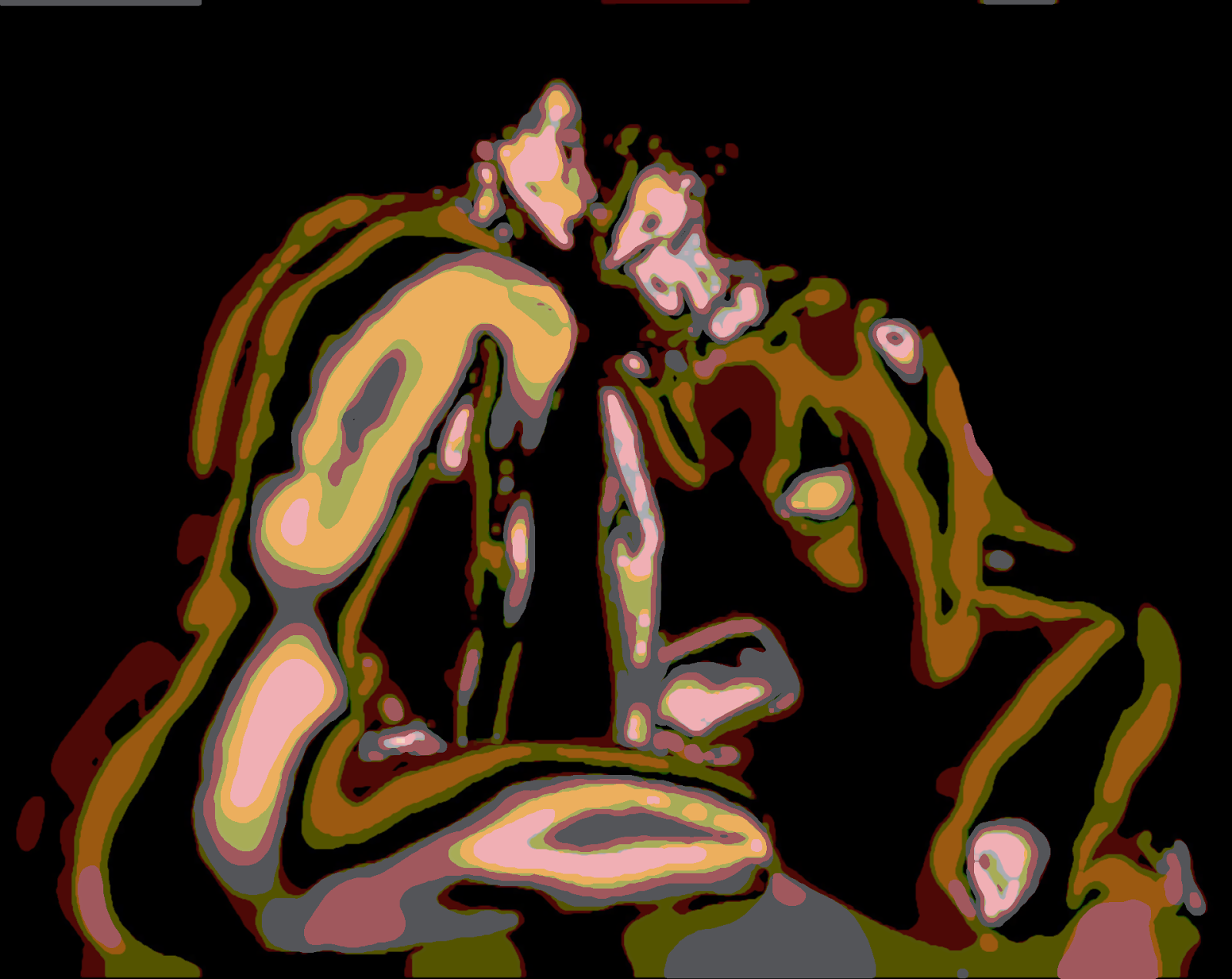After I had written the beginnings of the Helen story, until Lalitha happened along, I did not like the way Helen's character was developing. I can't remember, but Lalitha had been introduced, I think, as a means whereby I could reform Helen's character, and present her as someone with at least a few saving graces.
But many of you know that I don't maintain close control over the stories; I allow them to have some sort of autonomous control over themselves, and it turned out that Helen had had amnesia and so on, and at this point, I actually left the story for a while.
I turned to Alexandra, and Jane. Those two stories went in opposite directions; Alexandra in a serious direction (though it was superficially silly and childish, to begin with), and Jane in the direction of erotica. But no sooner than I begin a project with the intention of making it, you know, sexy, I have second thoughts, and go in and strip out all the gratuitious sex. (Obviously, a hyperactive superego, as they say.)
When these non-Helen stories began to work out really well, I looked at the Helen files, with great regret, because it seemed that I had lost a wonderful opportunity to write about a musician, and strayed into writing about a spoiled brat instead. So, a year or so after the Helen story had been abandoned, and I had mostly forgotten how it went (or more accurately, how it was supposed to go), I got this idea of writing a serious hard science fiction story.
In Science Fiction, hard science fiction is a genre in which only plausible extrapolations of known science takes place. Soft science fiction is, in contrast, a genre where almost anything can happen, and the science is about mysterious things in the very distant future, that approach magical effects. So, Music on the Galactic Voyager was a story--about Helen, just in case you were wondering--where I grab Helen out from around the time of Helen at Westfield, except that Erin and James have not yet come into the story. (You should think about Voyager Helen as a different person altogether.) This story gave me the opportunity of introducing a completely reformed, normal, well-behaved Helen, without all her over-the-top characteristics. So, there are similarities between the two Helens, and differences.
Similarities: Both Helens are musical geniuses; both can sing, both play the violin and the piano. Both have well-developed libidos, and both are lesbians. Both like to teach, and both are familiar with folk song, and both play the guitar. Both have some skill in unarmed combat.
Both have diabetes; I think that must have been one of the last things that Helen discovered about herself, before she was abandoned by me (while I wrote Voyager).
Differences: The Helen of the Voyager has never had children. She has never had amnesia. She has had an unhappy affair with Lalitha, and with some other woman, I probably meant Anne, the ballerina with great allergies, or perhaps Lorna.
I have been reading Voyager, and I was struck with how serious the story was. (Hard Sci Fi ends up being rather serious, because of the subject-matter, and because of the mindset of the authors, I believe. Alexandra is also sci fi, but more as an alternate Earth, rather than a futuristic setting. It is in the distant future, but not a dystopian one.)
Writing these stories enables me to be several different Kays; it is almost as if I have different personalities in each story. Yraid is yet another new, crazy Kay.
Well, I have to go.
Kay



